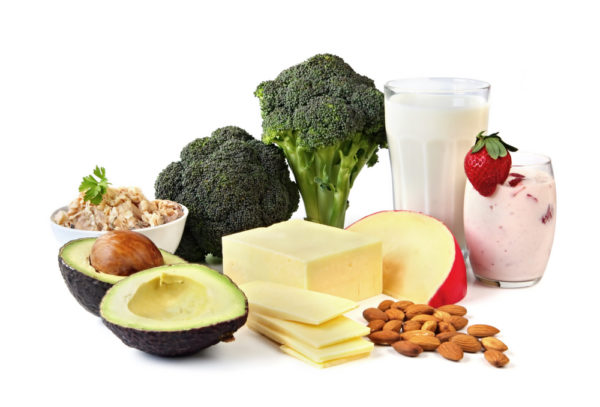Vitamin D may help women with breast cancer survive the disease.
Researchers reported in the March 6 issue of Anticancer Research that patients with high levels of Vitamin D in their blood were twice as likely to survive the disease as women with low levels of the nutrient.
The researchers said Vitamin D should be included to supplement other breast cancer treatments.
“The study has implications for including Vitamin D as an adjuvant to conventional breast cancer therapy,” study co-author Dr. Heather Hofflich, an associate professor of medicine at the University of California San Diego, said in a press release.
Vitamin D is produced naturally by the body from exposure to sunlight, but it’s also fortified in milks, cereals and other foods. Very few foods contain vitamin D naturally, but the best sources are fatty fish and fish liver oils, according to the National Institutes of Health’s Office of Dietary Supplements. It can also be taken in supplement form.
The NIH’s recommended daily allowance for vitamin D is 600 International Units for adults and 800 IU for people older than 70.
The researchers reviewed five studies of Vitamin D that included more than 4,440 women with breast cancer.
The studies measured the amount of 25-hydroxyvitamin D in the blood, a metabolite produced in the body from ingesting the vitamin.
There was variation in absorption, but the researchers said people who consume 4,000 IUs of vitamins per day had a serum level of 50 nanograms per milliliter. One tablespoon of cod liver oil has 1,360 IUs, a can of tuna contains 154 IUs per serving, and a cup of fortified milk and orange juice contains between 115 and 137 IUs of Vitamin D, respectively.
The researchers discovered that women who had 30 nanograms per milliliter of the metabolite in their blood were twice as likely to survive breast cancer than women who had 17 nanograms per milliliter of 25-hydroxyvitamin D.
“There is no compelling reason to wait for further studies to incorporate vitamin D supplements into standard care regimens since a safe dose of vitamin D needed to achieve high serum levels above 30 nanograms per milliliter has already been established,” lead study author Dr. Cedric F. Garland of UCSD, added in a statement.
The researchers explained vitamin D metabolites switch on a protein that blocks aggressive cell division. This prevents tumor growth and keeps the cancer from expanding in the blood supply, he said.
Read more: CBS News



